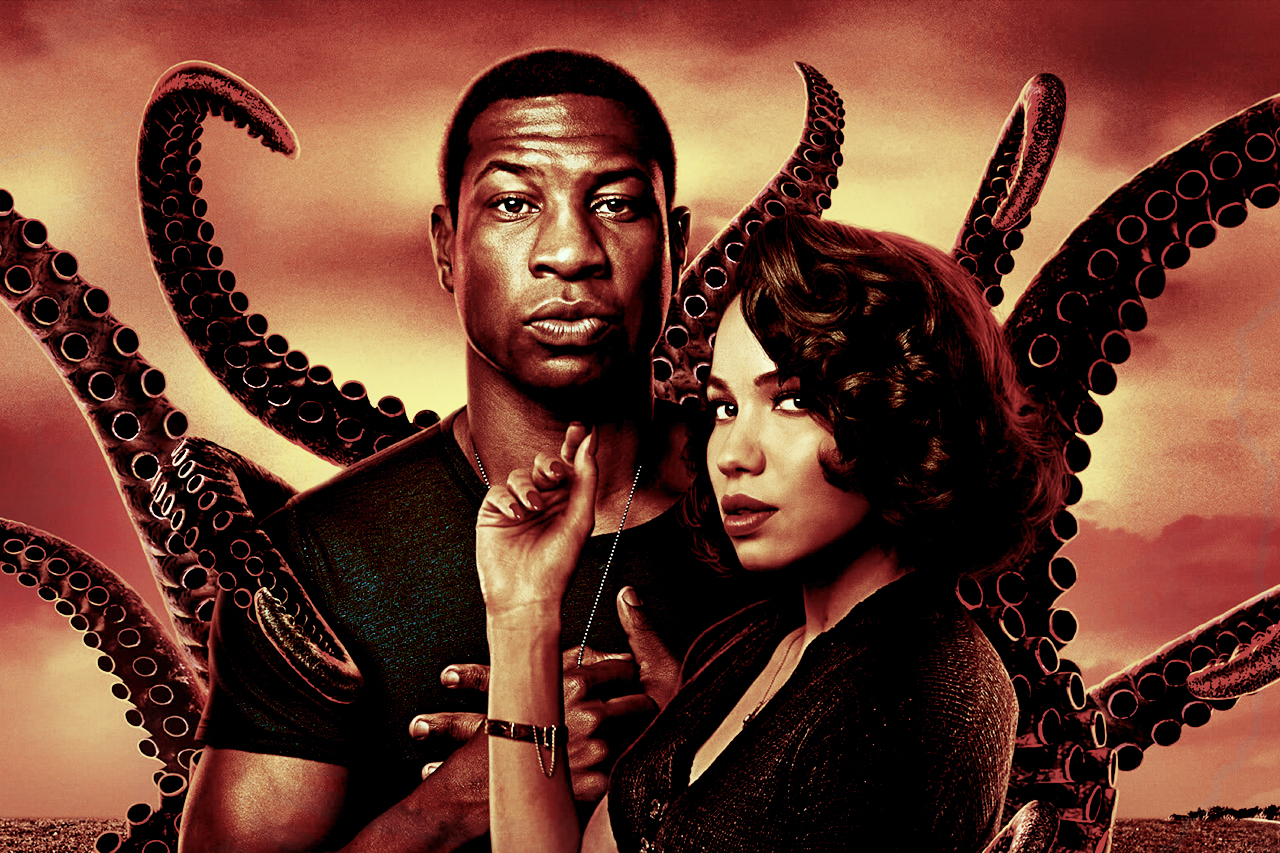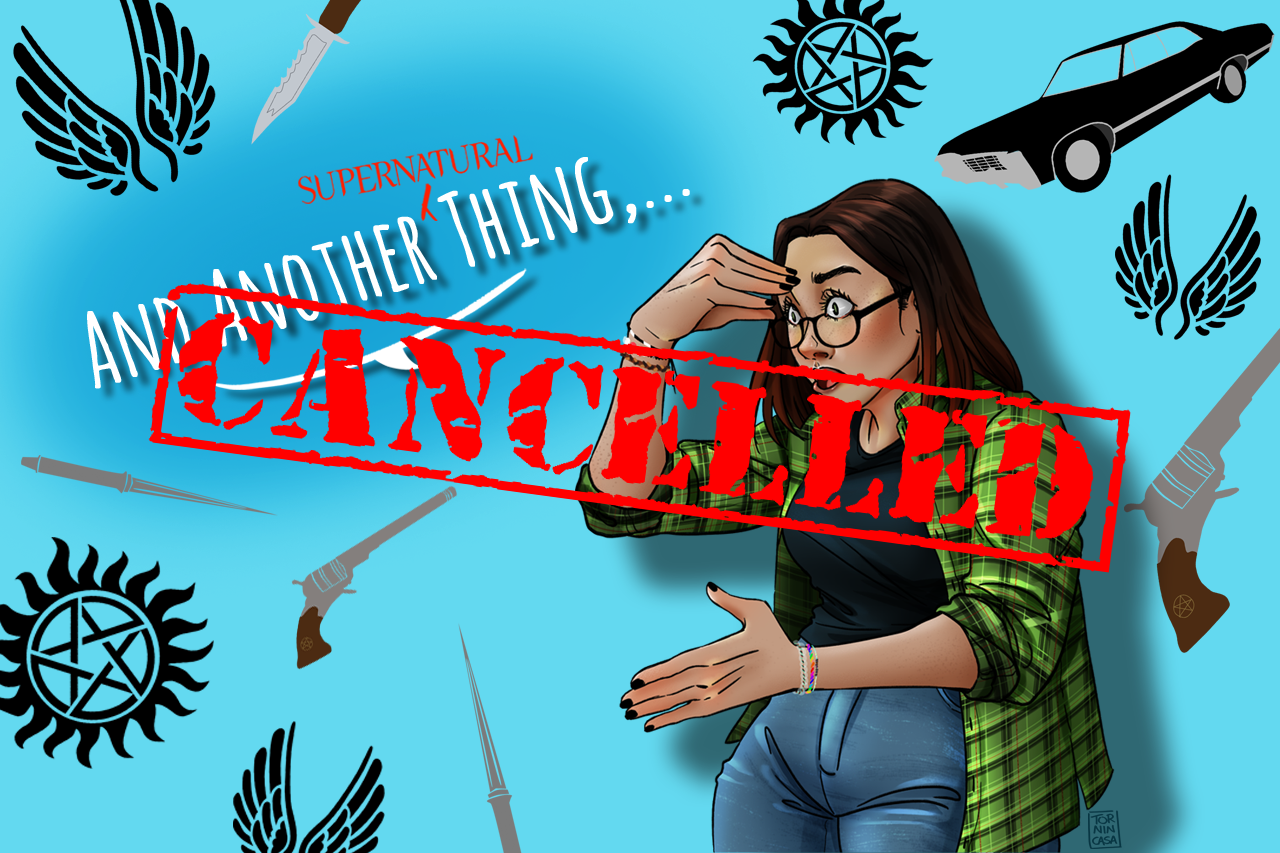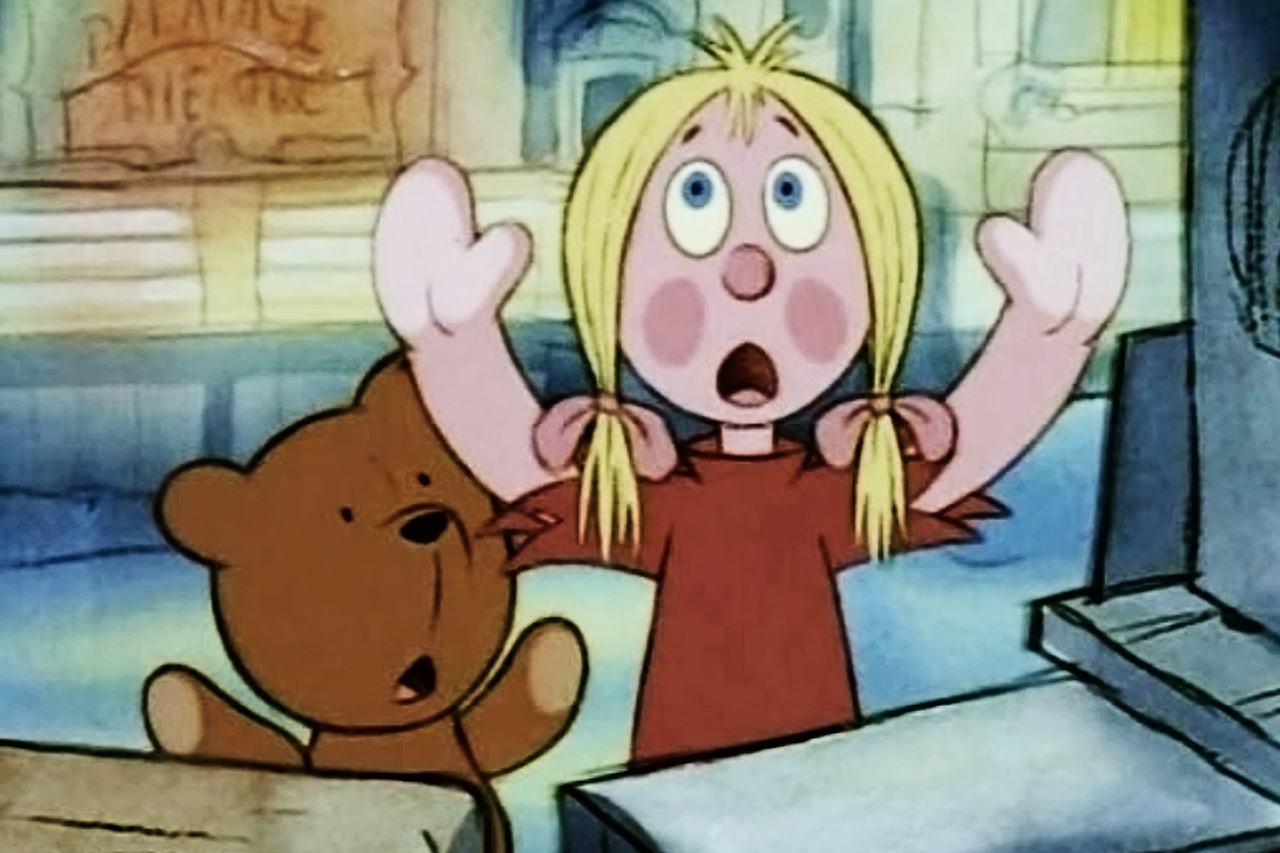Chicago is a divided city, the South Side is mostly comprised of families of colour while the rest of the city belongs to white people. We’re in the 1950s and this is Lovecraft Country, a new TV show under the HBO brand.
Plot
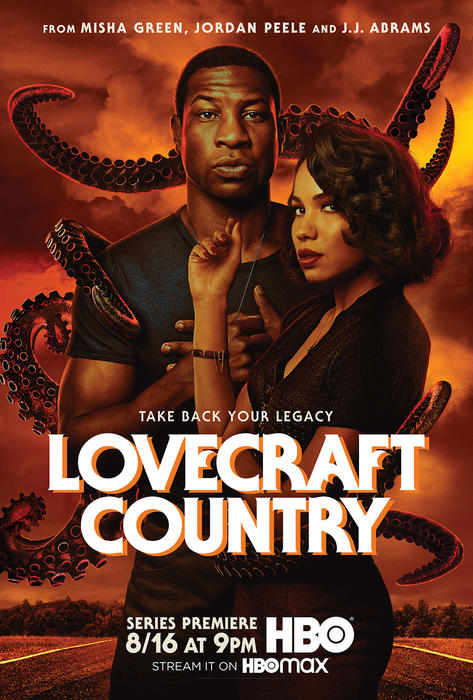
Atticus Freeman returns to his old Chicago and embarks on a journey with his uncle George and his friend Letitia to look for his missing father. That’s how, when they reach New Hampshire, they find themselves in a place that seems to have come straight out of a novel by H.P. Lovecraft, a place where magic and monsters reign undisturbed. Ominous family secrets are just waiting to be uncovered, the blood that runs in Atticus’ veins might be imbued with the ancient magic of the wizard Titus Braithwaite.
Preview
Lovecraft Country is a TV show from the United States that has first aired this year on HBO and is based on the novel by author Matt Ruff.
There are several themes of cultural and sociological importance addressed in the show. Given the 1950s setting of the story, one of the darkest periods in US history when it comes to discrimination, the most prominent theme is definitely the class divide between people of colour and white people, with a particular focus on black people’s hardships with finding jobs and – even though we’re only just talking about last century, not that long ago at all – how widespread the unjust feeling of superiority in white people was.
But racism isn’t the only type of discrimination addressed in the show, other examples are misogyny, homophobia, the wider persecution of all minorities, and they all come together in an explosion of reflections on the relationships and dynamics that push the story.
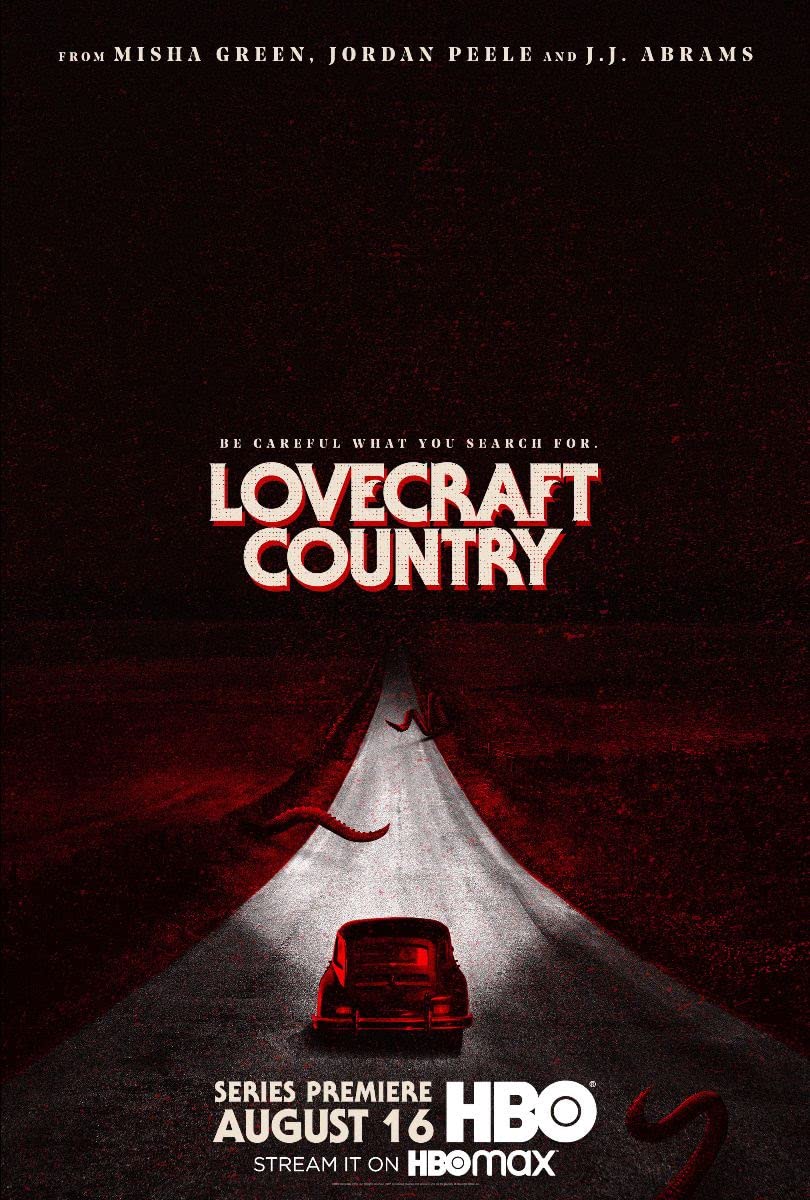
© IMDb
A present-day masterpiece that encourages the viewer to put themselves in someone else’s shoes to try and empathise with a situation that ends up becoming a common thread of the human condition; because behind flesh and bones, there’s always a soul, the only thing that really matters, the one true essence of humanity.
In other words, it’s a TV show that tells us about truth, tries to make us understand the evil of the past and the injustices that still afflict the present, to push us toward a future where something can still be changed and put to rights. All of this over a background of Lovecraftian horrors that that drags us under the banner of fear.
Review
Atticus Freeman leaves behind the army and the atrocities of his actions in South Korea to return home to Chicago, the city where he grew up. He’s going after his father who is supposedly missing; some of the hints he finds during his search lead him to a place called Ardham. Together with his uncle George, the author of a travel guide for people of colour, and the beautiful Letitia, he arrives at an eerie estate and meets the cold and not very friendly Christina Braithwaite.
It’s there that an ancient magical order, grotesque monsters, and archaic books collide in a bizarre and characteristically Lovecraftian horror. Among pages written in languages as old as the world, the kaleidoscope of the multiverse, gruesome metamorphosis, and underground discoveries, the air is drenched with the dark and musty breath that is typical of the stories by the Providence-born writer.
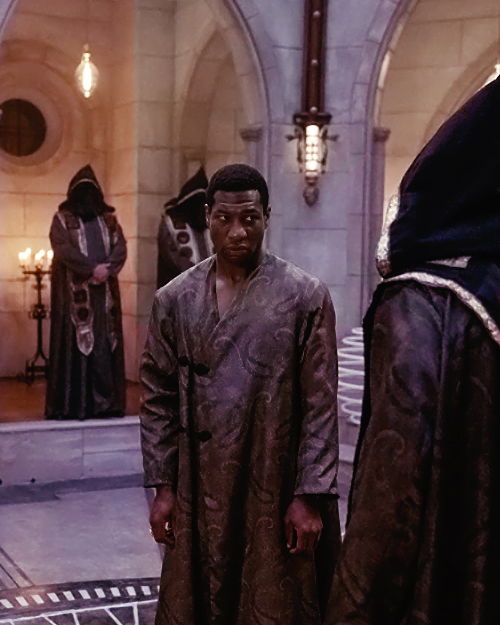
Jonathan Majors in Lovecraft Country (2020)© IMDb
The character of Atticus is unstoppable and faces the weird events going on around him with unwavering courage. He’s sensible, but sometimes he loses control over the emotional wave of desperation. His father Montrose displays a complex personality that is the result of the wrong choices and old nightmares from his past. When it comes to Christina Braithwaite, the elegant and fascinating antagonist, I particularly liked her innate coldness, a sign of a woman that makes her place in a man’s world through the cruel stab of violence. And last but not least, amazingly interesting was also the inner turmoil of the character of Ruby, possessing a personality that I found much more intense than her sister Letitia’s which sometimes felt a bit predictable. All in all, a greatly talented ensemble.
When it comes to VFX, I found them impressively spectacular; the monsters were developed to great detail, the blood and the flesh coming off of bodies in strips unsettlingly realistic, the sparkling quality of the overall magic completely unique. Lovecraft Country is a detailed and meticulous TV show that aims to engage the audience and pushes it towards a more insightful look into the story. A real gem for those willing to look.
Let’s dive deeper (possible spoilers alert!)
The racial divide
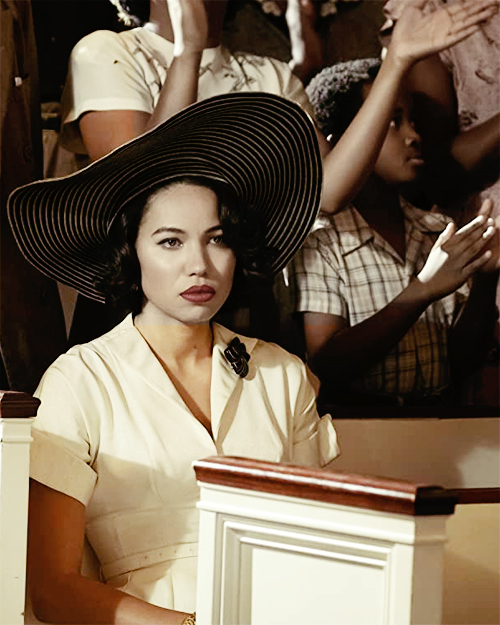
Jurnee Smollett in Lovecraft Country (2020) © IMDb
Lovecraft Country is not a subtle story. It shows reality, it shows exactly the kind of cruelty and violence that was perpetrated towards people of colour throughout history. We can’t even imagine how easy it used to be to die just because the colour of one’s skin was considered the wrong shade, can’t begin to comprehend how deep the fear of police used to go – and sometimes still does -, the knowledge that those who were meant to protect could turn around at any moment and beat one to death without any repercussions. It’s almost impossible to understand what it means to be the victim of disgusting slurs and insults with the only reason for that being one’s ethnicity or race; race, a word that expresses a concept devoid of any basis, a word that should not have ever come to be in the first place.
Underneath the story and the events, the condemnation of racism and its consequences is plain and clear, one of the first demonstrations of this is the monstrous creatures that resemble Lovecraft’s Shoggoth: even among them, there is a clear distinction between the paler ones that are summoned by the Braithwaite family and the bigger and darker one that comes to Atticus’ aid in the last few episodes. But it is also obvious in the unsteadiness of Ruby’s emotional arc: her transformation between being white and being black, a rift just waiting to emerge in her psyche, is a demonstration of how racism doesn’t only affect the tangible sphere but leaves deep emotional scars, makes people doubt themselves and reject their own personhood to try and seek what society wants them to be.
The suppression of homosexuality
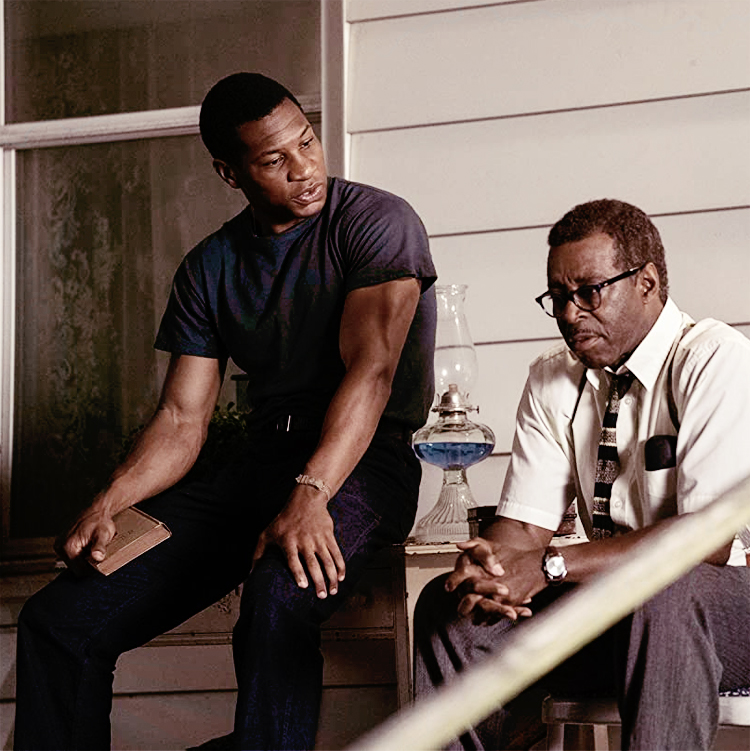
Courtney B. Vance and Jonathan Majors in Lovecraft Country (2020) © IMDb
This display of the past also makes us want to look away in the shame of the inhuman way homosexual people were treated: imprisoned in asylums where they were tortured for the rest of their lives, rendered empty shells through the atrocious medical and surgical practices of the time, beaten and ridiculed in the streets, killed just because of who they love. And today too, even though things have changed considerably, homophobia and queerphobia haven’t been completely eliminated yet; on the contrary, there’s always the risk of them spreading again like a disease. The reason for this is how easy it is to influence people with the fear of what they do not understand, it’s much simpler to hate and refuse to understand than it is to try and put oneself in someone else’s experience. In a world as vast as ours, open-mindedness should be considered both a right and a duty, but it still seems like a very distant goal.
The most obvious example of the vileness of the past is Montrose Freeman, Atticus’ father, who had to hide for most of his life, had to suppress his true self with alcool and the violence that overflowed toward his son. He hid and put on a mask just to survive, to not succumb to the sharp blade of society’s hate. For years, he put aside his own freedom to love for fear and pure survival instinct.
Conclusion
The past is a strict and savage teacher, but it’s important that we learn from it. We have to ask ourselves what kind of people we wish to be, what the future we want looks like. Even as individuals, we can do great things, we can and should remember that respecting others is at the very basis of civilization and society.
